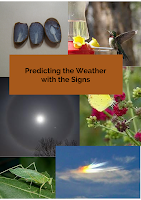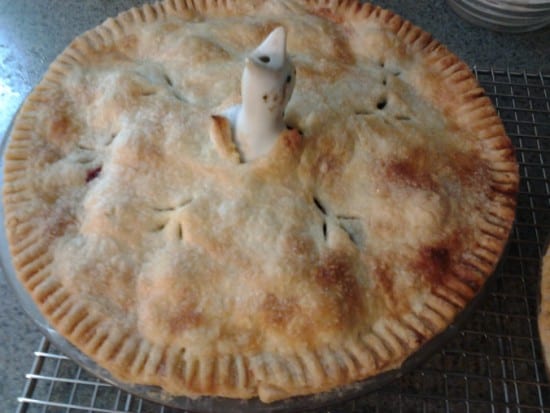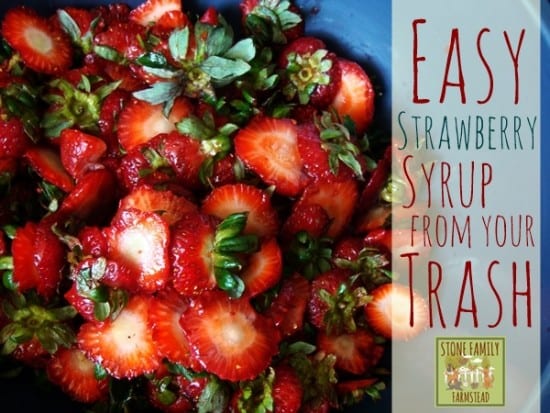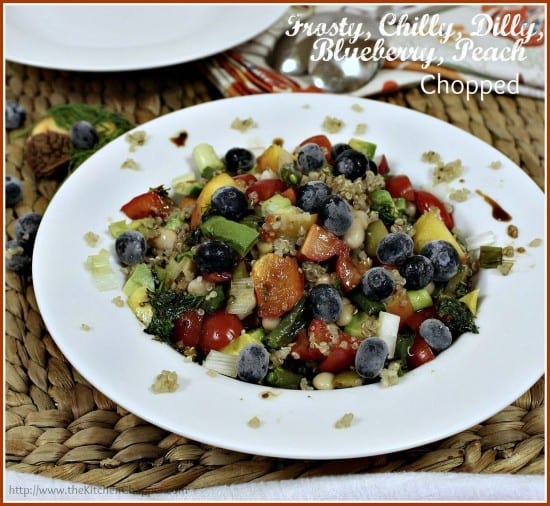There is no doubt that we are living in a digital age. At no time in history has everyone had access to so much information. It amazes me that many of us have more computing in our pocket or purse than the first computers on which I worked. I remember working a word processor on a Commador 64. For those of you who are younger than I, the Commador 64 only had 64 megabytes of memory. Computers today have an average of 2 gigabytes of random access memory. The difference is remarkable.
When I was a child, if you wanted to learn about something you started with the encyclopedia, after that you looked for a book or magazine from a reputable publication. Depending on how much you wanted to learn about a particular subject you could wind up visiting the library many times. This is no longer necessary, all you have to do is Google it.
Now we have smartphones, tablets, laptops, and desktop computers. There is no limit to the amount of information a person can find if they are willing to take the time. With the addition of jump drives and external hard drives we can store more information than ever before. From how to books to cook books you can get almost any book that is in print in a digital format. The only real exception is older titles.
Pros and Cons of Hardcopy Books
There are a lot of good reasons to keep real books around and there are a few drawbacks.
Pros of Print Books
They never go bad. As long as a book is kept dry then it will keep for generations. I have a 1908 edition of Charles Dickens A Christmas Carol.
They require no energy. It doesn't matter if the power is out or even a total grid failure, you still have access to the information.
Aesthetics. I know this is just a personal preference, but I am not alone. The feel and texture, the ability to just pick them up whenever we want and put them down. I just like books.
Cons of Print Books
As much as I love books there are some drawbacks that I need to list, there may be more but here are the ones that I think are most prominent.
Storage. I am one of those people who believe that no home is complete without a set of bookshelves, but having said that is you have a lot of books,storage can become an issue. Not only do books need to have a place where they can be stored, but they also need to be readily available. I know people who have boxes of books stored in a shed out behind their house. This type of storage has several problems. First is unless you keep really good records, there is no way to know what books are in which box. Second is rodents. Rodents can destroy books quickly. They will use them for nesting material. Third is normal degradation.Unless your storage is climate controlled, just the wide swings in temperature can and will take its toll on the binding.
Weight. If you are a prepper and your plan is to bug out if things turn bad, weight can be a limiting factor. If your backpack is anything like mine there isn't a lot of room left.
Cost. It is a lot more expensive to have a book printed than to produce a digital copy. Once the information is available online there is an unlimited number of copies. With printed books that is not the case. The company will produce a certain number of copies, after that additional runs must be made.
Normally a digital version or ebook costs about half, sometimes less, of a printed copy.
Environmental Impact. An ebook takes nothing but electricity and the internet to produce. A physical copy takes paper, ink, and glue at a minimum. For most of us this is a consideration.
Pros and Cons of Ebooks or Digital Archives
After reading the pros and cons of hardcopy books you may be thinking that ebooks have all benefits and no problems, that is simply untrue.
Pros of eBooks
They weigh nothing and storage is a breeze. An ebook is nothing but lines of code stored either on a device or on the internet. It still amazes me that a block of letters, numbers, and symbols can be interpreted as a picture.
Right now I have 33 ebooks on my phone and still have room for pictures, videos, and I even do most of my writing on my phone. There is still room to spare.
Cost. I know we covered this above but it is worth repeating. The cost of an ebook is usually half or less. If you watch you may find the title you want at a reduced price and sometimes even free.
Available anywhere. If you have a device with you like a smartphone or tablet, all of the books you have downloaded are there. As long as you have access to the internet you can acquire more information.
Searchable. Many ebooks have the ability to be searched for keywords. Instead of having to scan through a book to find the chapter or section you want you can just search. This is really useful in books that teach.
Cons of eBooks
Some are difficult to read. I have purchased ebooks from authors in the past. If they aren't formatted well they can be difficult to read. Another problem I have encountered is that when you stop reading some ebooks they don't start back where you left off. Some restart at the beginning every time, if you don't remember the page marker or chapter you stopped in you will have to scan every page or so to find where you left off. I have only encountered this problem with ebooks I have purchased from authors. I have never experienced this with anything I have purchased through Amazon or Barnes and Noble.
Must have electricity. My phone's battery, when I have all of the functions activated, only lasts about 5 hours. If I have the internet and GPS turned off the battery will last 8 to 10 hours, but continuous reading really cuts battery life.
Crashes. This is aggravating to no end, though it usually only occurs when you have used most of the available memory of the device on which you are reading.
Not all titles are available. I have talked about this a little bit it is still an issue. Most brand new titles will have a digital version and even most of the classics have been converted. The real trouble is with the titles that are in between in age. This is improving, volunteers and publishers are working to make popular titles available but it is still not completed.
A Hybrid Opinion
For me I have found that many of the how to'a and informational writings that I enjoy most many of them are from magazines. As of yet I do not subscribe to any online versions of print magazines. This and most of the time there are only one or two articles in a given publication that I feel are worth my wild to save, I have come up with a way for me to save these articles without having piles and piles of magazines sitting around waiting on me to need them.
When I find an article that I want to save, I will either tear it out of the magazine or make a copy. Then I place these articles in a three ring binder in page protectors. Doing this cuts down the bulk of what I have stored and also allows for organization based on subject matter. Creating a table of contents in the front of each binder takes the guess work out of finding what you are looking for. If you want to go the extra step you can even place tabs to mark different sections within each binder. This can also be done with your favorite blog posts that you want to save for later.
I really enjoy both ebooks and print books. I am of the opinion that they both have their place. With the exception of classics, I prefer all fiction books digitally. I prefer how to books in print.
If after reading this you think ebooks could be at least a valid option for some of your reading and you do not have a ebook reader you can get
kindle for free.
What do you think?
Bringing Rural Back
Have something to add to this topic join the Forum on The Rural Economist. If you would like to contribute to the conversation we would love to have you join us. It is brand new, but I am sure it will grow.
Subscribe to our mailing list
Check out The Rural Economist on Pinterest
Affiliate Link Disclosure: This post may contain affiliate links. I may receive compensation for links, endorsements, testimonials, or recommendations for any products mentioned on this blog. If you see something you are interested in, check them out. Thanks for your consideration.

















